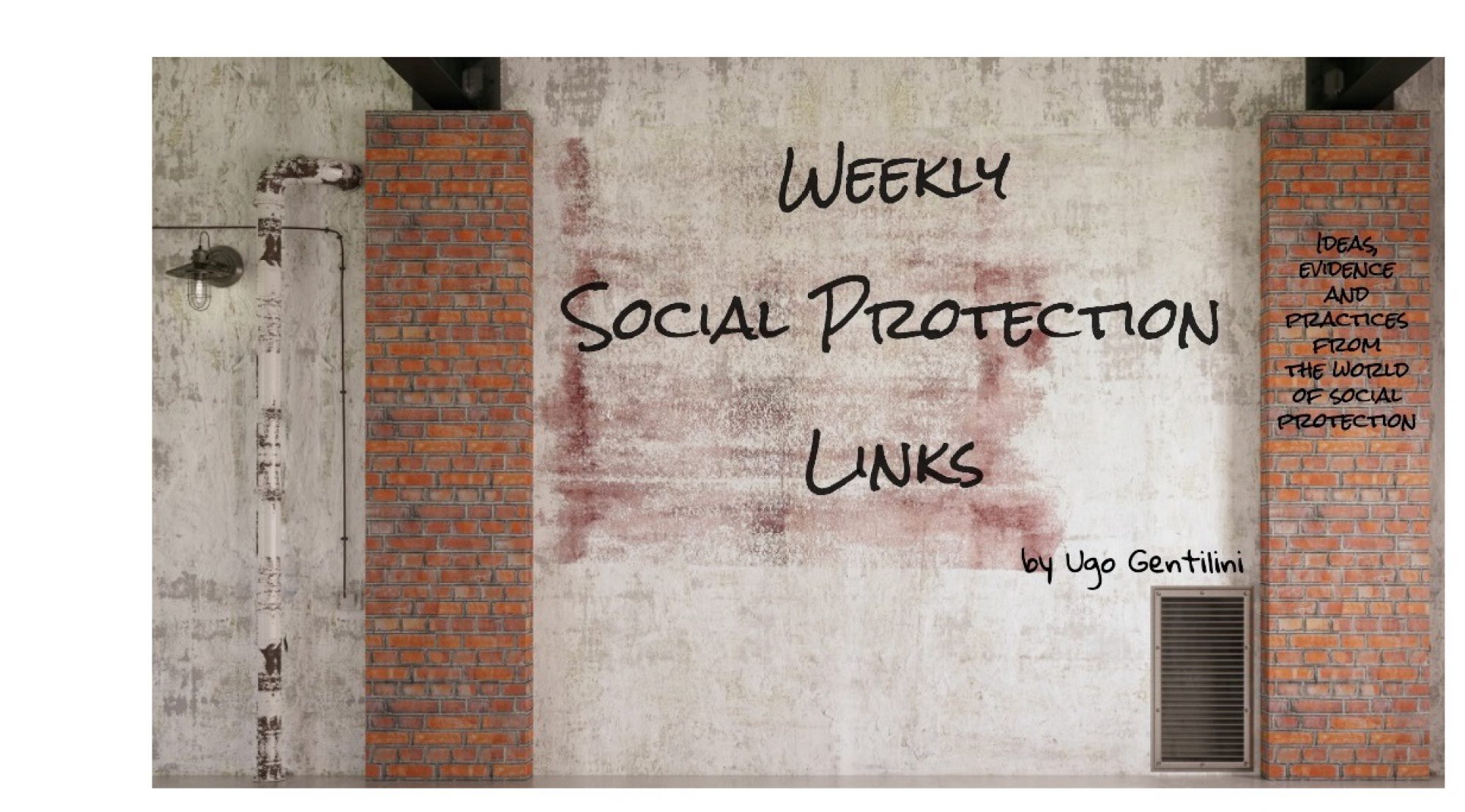A talk by Angus Deaton asks whether it is better to be poor in Bangladesh or in the US, while Ravallion and colleagues show that malnutrition spreads across income quintiles.
Is it better to be poor in Bangladesh or the Mississippi Delta?, Annie Lowrey, 8th March 2017, theatlantic.com
Are Poor Individuals Mainly Found in Poor Households? Evidence Using Nutrition Data for Africa, Caitlin Brown, Martin Ravallion and Dominique van de Walle, March 2017, World Bank Policy Research Working Paper 8001
An interesting set of papers on income inequality, redistribution, and the political economy of doing so.
Is There Enough Redistribution?, Maya Eden, March 2017, World Bank Policy Research Working Paper 8003
The Political Economy of Energy Subsidy Reform, Gabriela Inchauste and David G. Victor (Editors), 2017, Directions in Development, World Bank
Linking Economic Complexity, Institutions, and Income Inequality, Dominik Hartmann, Miguel R. Guevara, Cristian Jara-Figueroa and Manuel Aristaran, May 2017, World Development Vol. 93 pages 75-93
New resilience materials explore the effects of crises in LAC (i.e., in Nicaragua and the shock-responsive function of social protection in the region), the urban politics of climate change, and the surprising findings from a review of refugee numbers.
Are social protection systems in Latin America and the Caribbean shock-responsive?, Rodolfo Beazley, March 2017, International Policy Centre for Inclusive Growth One Pager 348
Vulnerability to Cumulative Hazards: Coping with the Coffee Leaf Rust Outbreak, Drought, and Food Insecurity in Nicaragua, Christopher M. Bacon, Willion A. Sundstrom, Iris T. Stewart and David Beezer, May 2017, Volume 93 pages 136-152
Urban Governance and the Politics of Climate change, Vanesa Castan Broto, May 2017, World Development Vol. 93 pages 1-15
What the numbers say about refugees, Declan Butler, 1st March 2017, Nature International Weekly Journal of Science
Cash transfers feature in Blattman’s new push for cash as a graduation intervention, and the impacts of cash on gender and empowerment
Bill Gates wants to give the poor chickens. What they need is cash, Christopher Blattman, 14th March 2017, vox.com
The Impacts of Cash Transfers on Women’s Empowerment: Learning from Pakistan’s BISP Program, Kate Ambler and Alan de Brauw, February 2017, World Bank Social Protection & Labor Discussion Paper No. 1702
Social Protection: towards gender equality, Michael McLennan (Editor-in-Chief), March 2017, International Policy Centre for Inclusive Growth Volume 14 Issue No. 1
Final mix, including an interesting review of the history of robots (linked to discussions around UBI), the network effects mobile money, and Dave Evans’ compilation of findings from education research
A History and Future of the Rise of Robots, R. David Dixon Jr., 3rd March 2017, hackernoon.com
Social Network Effects on Mobile Money Adoption in Uganda, Conrad Murendo, Meike Wollni, Alan De Brauw and Nicholas Mugabi, March 2017, The Journal of Development Studies
What’s new in education research? Impact evaluations and measurement – March round-up. David Evans, Development Impact blog.
